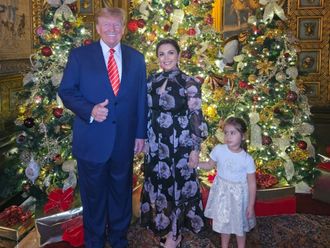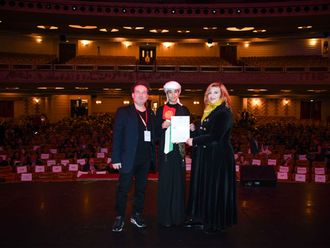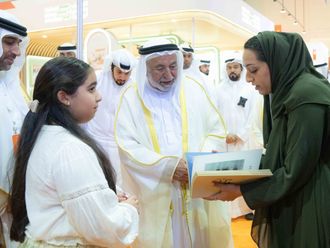Facing the biggest challenge to his two-year-old presidency, President Joseph Estrada reassured Filipinos of more reforms in the bureaucracy under his watch. The president said he wants to concentrate on restoring business confidence in the Philippines by attacking red tape in the bureaucracy.
"I have to work double time. I talked with Finance Secretary Jose Pardo to stop this red tape. Red tape has hampered us from implementing our projects," the embattled Philippine leader said. Estrada had been besieged with calls for his resignation and an impeachment trial by the Senate over allegations of bribery, graft and corruption, betrayal of public trust and violating the Constitution.
The allegations stem from revelations of his former friend and alleged conspirator governor Luis Singson of Ilocos Sur, that the president received millions of pesos every month in protection money from operators of the illegal numbers game, jueteng.
The president also said he will continue to work hard on programmes that would benefit the masses, to whom, he said, he owed his victory in the 1998 presidential elections. Estrada said proof of his hard work is the high growth levels attained by the economy in the third quarter of this year, as well as the growth of agriculture .
"I've been working hard. We have made a lot of accomplishments," he said. The president noted that under his watch, agriculture has grown by 3.5 per cent, allowing the prices of rice and other primary goods to stay stable despite oil price hikes and the peso depreciation. The Philippines though, still imports rice, the staple of its 75 million inhabitants.
Estrada also said that during the third quarter of this year, the economy registered a 5.7-per cent growth in gross national product, and 4.8 per cent growth in gross domestic product. This was however, recorded prior to the period when Singson issued his accusations against the president.
Singson's accusations triggered a series of economic upheavals causing the Philippine peso to drop to historic levels against the U.S. dollar and the stock market to go into a tailspin. Estrada noted that the holdups and kidnappings that characterised Metro Manila in the mid-1990s are now a thing of the past, adding that his administration has faced squarely the threats by armed groups to residents of Mindanao.
The military, on his orders, promptly neutralised the threat of the Abu Sayyaf group, he said. "Are those not positive achievements?" the president said. Estrada reached out anew to his arch critics, the leaders of the Catholic Church, as he asked them to join government in finding solutions to the problems hounding the poor.
The president issued the invitation after witnessing the signing of a memorandum of agreement (MOA) for a housing programme that would benefit residents of Manila and San Andres Bukid district.
"As president and the father of our nation, I have no other agenda but to ensure a bright future for our people. And I believe I can do this better if I had the support of the Church," he said. The president said his administration and the Catholic Church share a common principle, that of a preferential option for the poor. "This cannot be disrupted because of political differences. It's time for the government and the Church to unite for the sake of our people," he said.
Estrada also suggested to the Catholic Church that it donate some of its idle land for housing, like what the government is doing now. "I believe the Church can help us in this respect because they also own vast tracks of land," he said.
Estrada witnessed earlier the signing of the MOA among the Holy Family of San Andres Bukid Association, the Roman Catholic Archdiocese of Manila, and the Home Mutual Development Fund (Pag-IBIG).
Estrada pledges to work 'double time'
Facing the biggest challenge to his two-year-old presidency, President Joseph Estrada reassured Filipinos of more reforms in the bureaucracy under his watch. The president said he wants to concentrate on restoring business confidence in the Philippines by attacking red tape in the bureaucracy.












